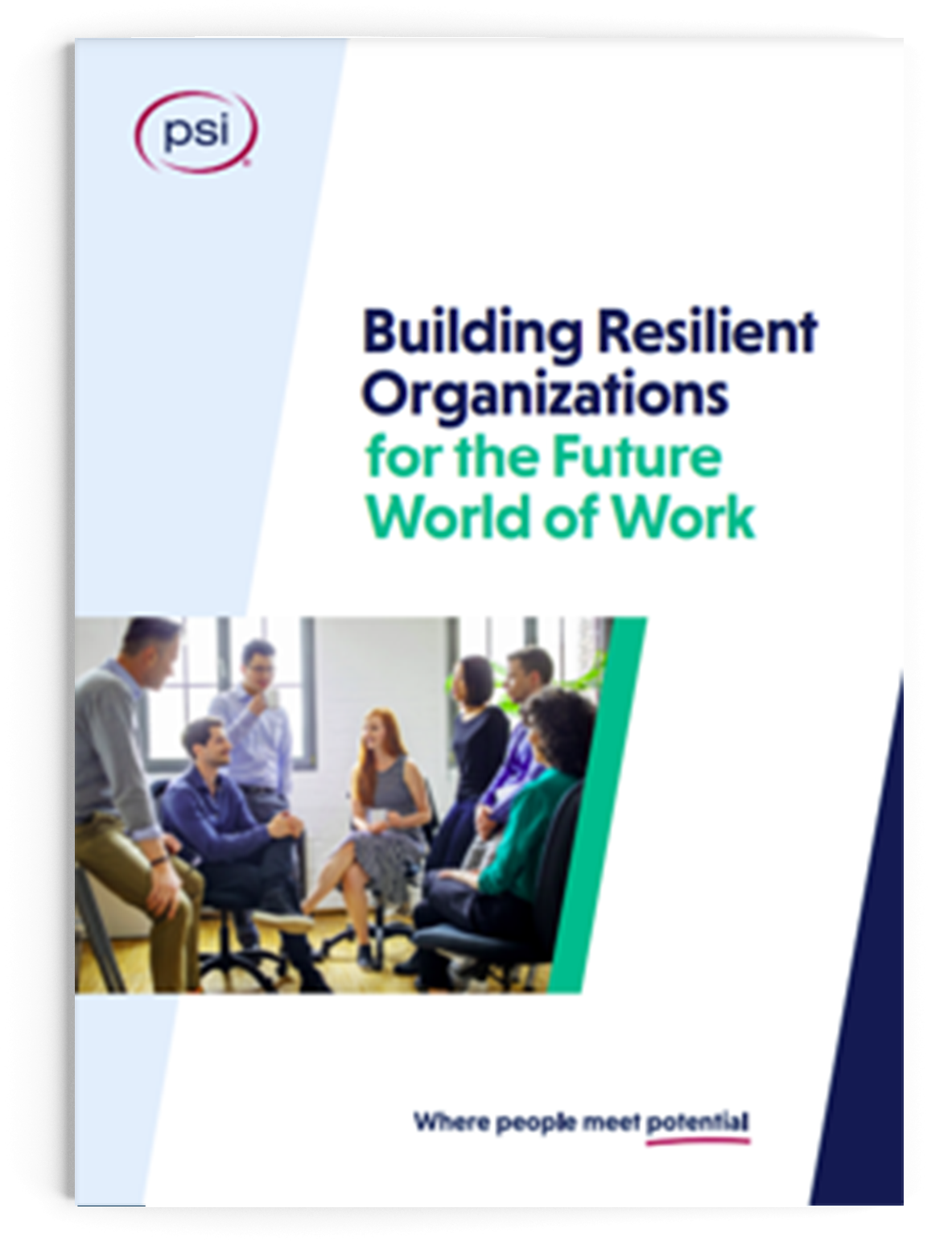In this multipart series, we’ll be addressing some of the common assumptions about Millennials who now represent the greatest chunk of the workforce, and are the most educated generation to date. The data suggests that businesses that harness their ingenuity will be best positioned to capitalize on it. Millennials’ coming-of-age should not be met by panic; with an understanding of how to play to their motivations, you can manage their potential.
My interview with Caliper’s Julie Polanski, a 23-year-old Account Advisor contextualizes her generation in light of a recent Educational Testing Service’s study, which notes that Millennials: “Despite having the highest levels of educational attainment of any generation, these young adults on average demonstrate relatively weak skills in literacy, numeracy, and problem solving.”
While Ms. Polanski acknowledged the problem is a real, she explained one possible reason behind the phenomenon:
“A lot of our teachers told us we didn’t need to memorize information because you will always be able to look it up,” she noted. Ms. Polanski’s classes were even encouraged to bring study guides to tests.
“We want to be involved in everything and become jacks-of-all-trades,” she added. “Most of my teachers told me I didn’t need to become an expert because most companies nowadays are willing to pay for additional training.”
What she says aligns with the belief of Caliper’s founder, Herb Greenberg, PhD., who has repeatedly said, “You can teach skills. You can’t train attitude.”
The flexibility that research has shown Millennials possess is engrained from their life experiences, and may help them to adapt to a business world where change is a constant rather an event; “We grew up where technology was rapidly changing every year,” Ms. Polanski said. “Even those of my generation who are more tactical can pick up on things faster, because that’s what we’ve done our whole lives.” Whether making small-scale technological adjustments (e.g., computers to laptops) or wholesale changes (e.g., books to e-readers), “it is fun to stay on top of it,” she added.
The carryover effect into the work world enables them to manage changing circumstances and responsibilities, while still being open to enriching their existing knowledge base.
In Part 2, we talk entitlement and empowerment through social media.

